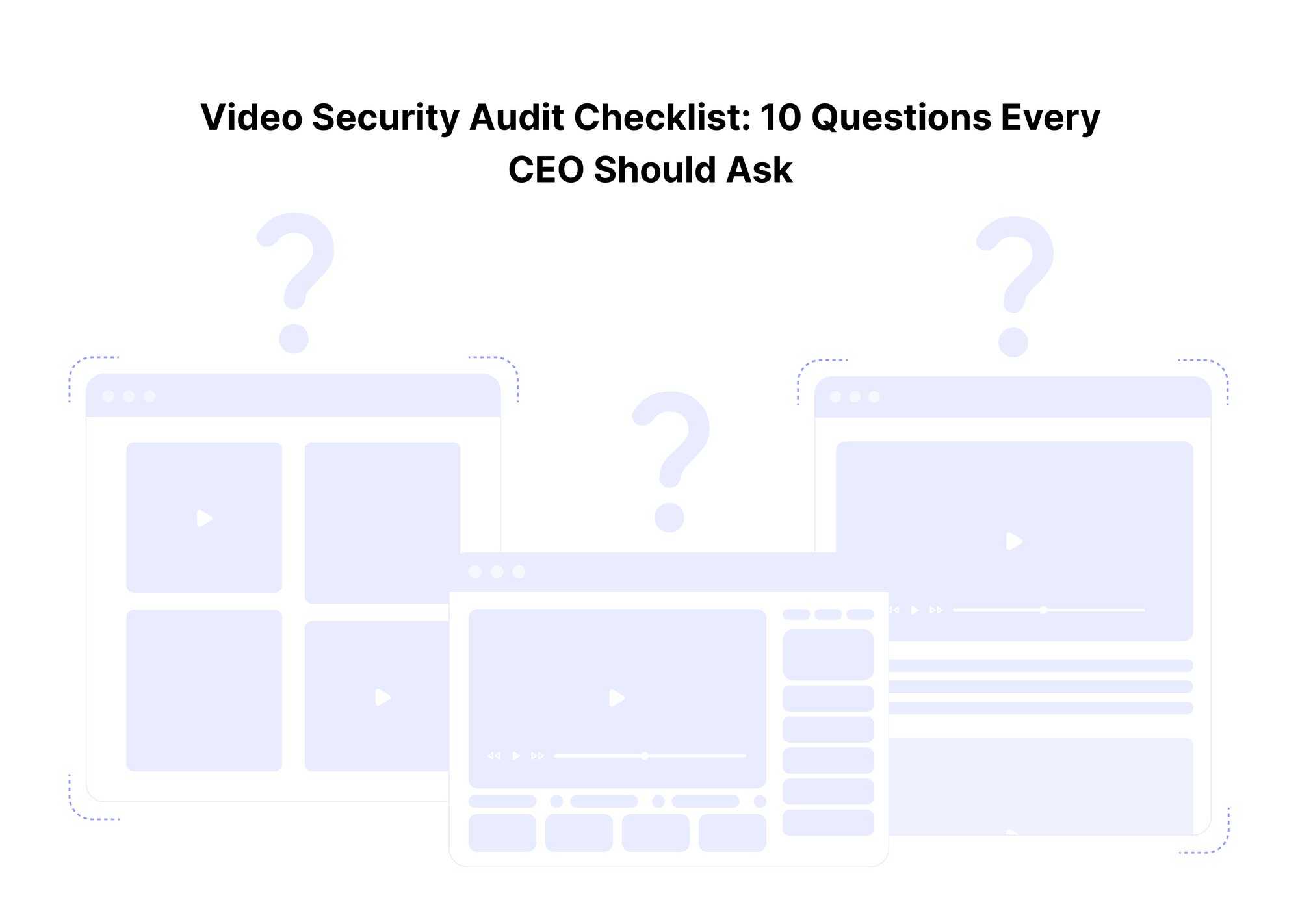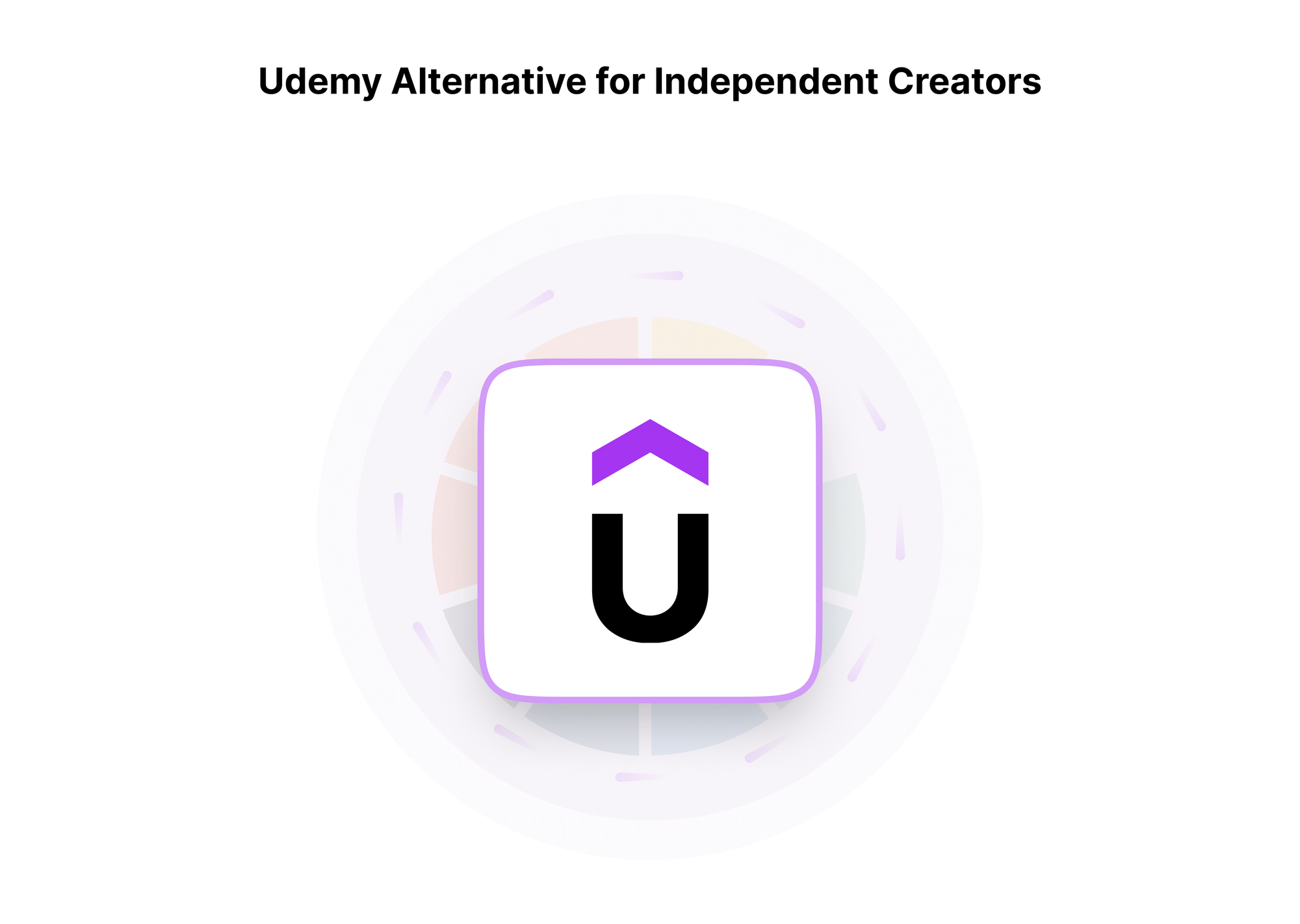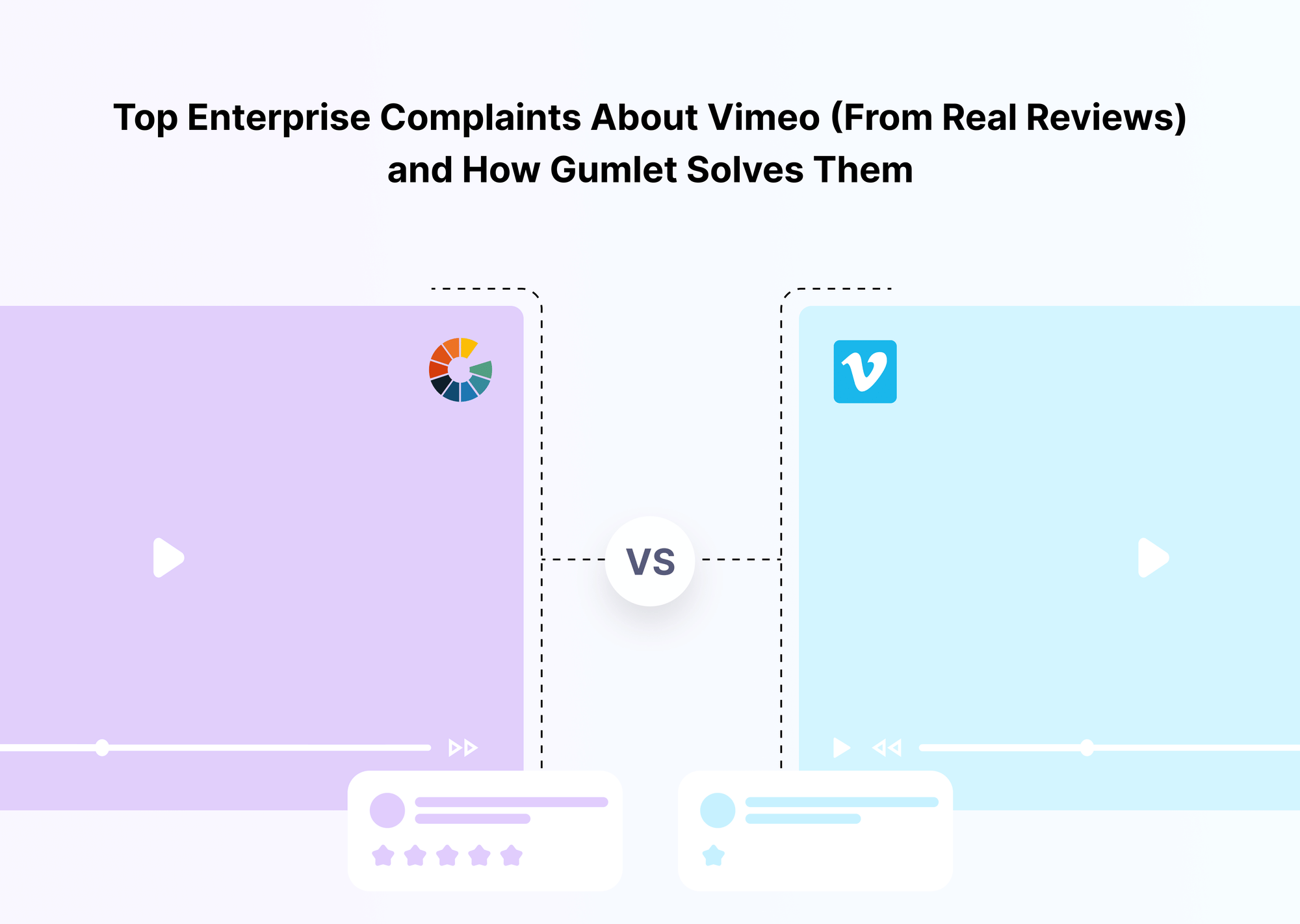Recently, YouTube's decision to use its massive video database to train Google's Gemini AI has raised concerns among creators. The idea of using publicly uploaded content to develop AI capabilities may seem daunting, and it comes with a set of significant drawbacks for content creators. In this blog post, we will explore why YouTube's approach is problematic and how creators can protect their content by choosing private video hosting solutions like Gumlet.
The Background: YouTube and Gemini AI
YouTube is one of the largest video platforms globally, boasting billions of hours of content uploaded by creators across every imaginable niche. Google, YouTube's parent company, recently revealed plans to use this vast repository of videos to train its new AI model, Gemini AI. This step is part of Google’s broader strategy to integrate AI into its ecosystem, offering advanced content recognition, improved search algorithms, and other AI-driven capabilities.
However, this move has sparked controversy in the creator community. Many creators feel that YouTube is exploiting their hard work without proper consent or compensation. The idea that their content is being used to train a corporate AI model has left creators questioning their relationship with the platform.
How YouTube Training AI on Video Content Harms Creators?
- Lack of Consent and Control: One of the main issues with YouTube’s approach is the lack of transparency and consent. When creators upload their videos to YouTube, they are not explicitly informed that their content will be used to train AI models. This practice raises ethical concerns as it implies that creators are involuntarily contributing to a project they may not support. Additionally, creators have no control over how their content is utilized in AI training. This lack of control is unsettling, as it puts creators' intellectual property at the mercy of algorithms without providing them with any say in the matter.
- Potential Copyright Violations: YouTube’s use of videos to train AI models may tread into the murky waters of copyright infringement. Many creators upload original and copyrighted content to YouTube, and by using this content to train AI, YouTube might be indirectly violating copyright laws. This issue becomes even more problematic when the AI model generates new content that closely resembles the original, potentially creating competition for the creators.
- Monetary Disadvantages: Creators rely on YouTube’s ad revenue system to monetize their content. However, by using videos for AI training, YouTube benefits from the creators' work without offering additional compensation. Creators are not rewarded for the use of their content in AI training, which raises questions about fairness and the equitable distribution of profits derived from this practice.
- Risk of Content Devaluation: With AI models trained on vast amounts of video content, the risk of devaluing original creations is high. AI-generated content can potentially flood the market, making it harder for creators to stand out. The unique creativity that human creators bring could be overshadowed by AI-generated alternatives that are cheaper and faster to produce.
Why Moving to Private Video Hosting Like Gumlet Is a Better Option
Given these concerns, it's no surprise that creators are looking for alternatives to YouTube. This is where private video hosting solutions like Gumlet come into play. Here’s why creators should consider moving their content to private video hosting platforms like Gumlet:
- Guaranteed Privacy and Content Control: One of the standout features of Gumlet is its commitment to privacy. When creators host their videos on Gumlet, they retain full ownership and control over their content. Gumlet guarantees that videos hosted on its platform will not be used to train AI models without explicit consent. This level of control is crucial for creators who value the integrity and use of their work.
- Protection from Unwanted Use: Gumlet provides multiple layers of video protection, such as Video DRM, password-protected videos, dynamic watermarking, etc., to ensure that your content remains secure and is not exploited for unintended purposes. With Gumlet, creators can rest assured that their videos won’t be leveraged for AI training, keeping their intellectual property safe.
- Monetization Without Compromise: Unlike YouTube, which takes a significant cut of ad revenue, private video hosting platforms like Gumlet offer more flexible and creator-friendly monetization options. Creators can implement subscription models, pay-per-view systems or integrate ads in ways that benefit them directly. This approach ensures that creators are compensated fairly for their work.
- Advanced Video Analytics: Gumlet provides advanced video analytics, giving creators deeper insights into how their content is consumed. This data is invaluable for creators looking to improve their video strategies and reach a broader audience. Most importantly, this data is not used to train AI models, so creators have full assurance that their content remains private.
- Custom Branding and Embedding Options: With Gumlet, creators can customize their video player with branding and embed videos on their websites and platforms without the limitations imposed by YouTube. This control over content distribution not only enhances brand presence but also creates a more cohesive viewing experience for the audience.
Conclusion
YouTube's decision to train their Gemini AI model on its extensive video library has raised several concerns about creator rights, privacy, and the fair use of content. The lack of consent, potential copyright issues, and risk of devaluing original content make this practice problematic for creators who have worked hard to build their audience and brand. Creators looking to safeguard their content and maintain full control over how it is used should consider moving to private video hosting solutions like Gumlet.




